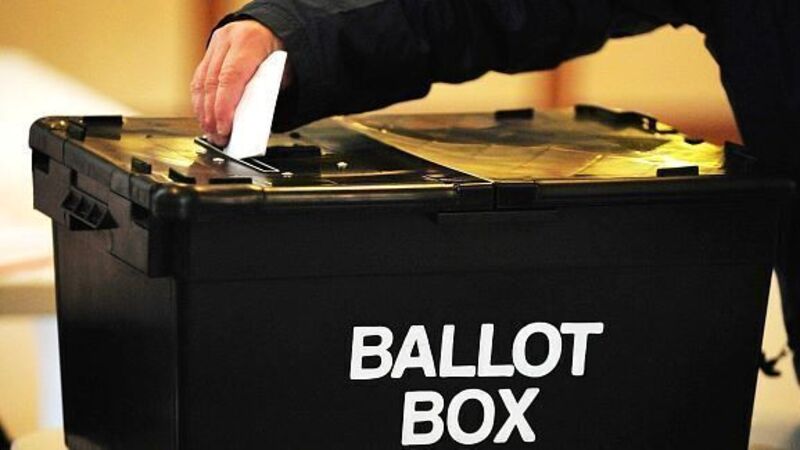Polls are the political equivalent of too much foreplay, and exhaust voters

Not just coming up to elections, but generally. It’s not going to happen, but can you imagine how wonderful it would be if someone removed them from our lives? The political monthlies start with a vague feeling of internal discomfort where those likely to be affected get that slightly feverish headachy sense that something unpleasant and inevitable is on its way. Something you can’t afford to make a public issue of, in case you look like a wimp.
Towards the end of the week, political nerds start talking to each other about the likelihood of a poll that weekend, and on the Saturday, politicians and their advisers suck up to journalists on the newspaper believed to be running the poll in the hope of getting even an indicative leak they can then splatter at all their friends, enemies, and clients like the fizzed-up bottle of Coke a constituent recently threw at the health minister. Being able to pass on key poll results even 10 minutes ahead of the official announcement is important. It gives you the look of ‘Someone In The Know’.















